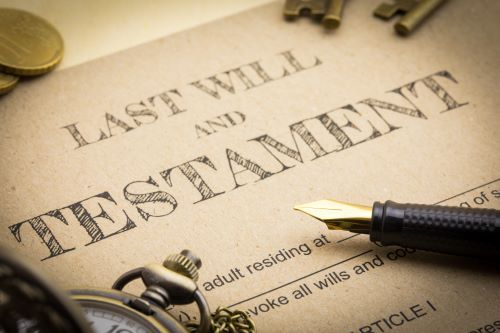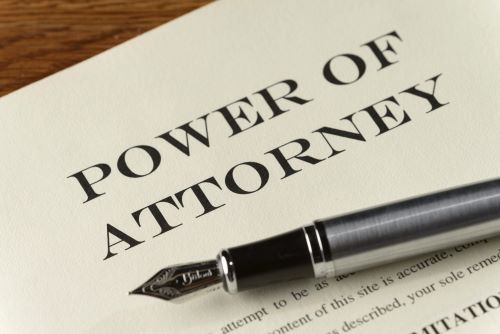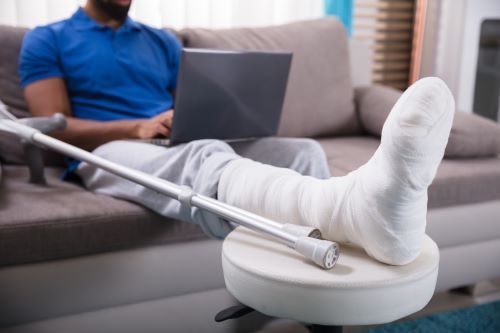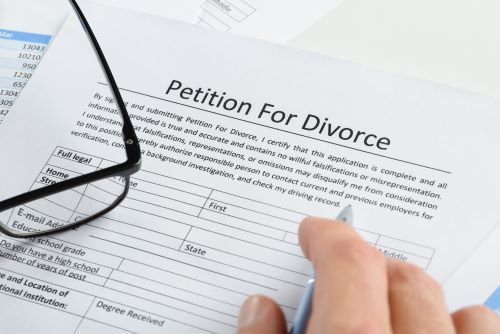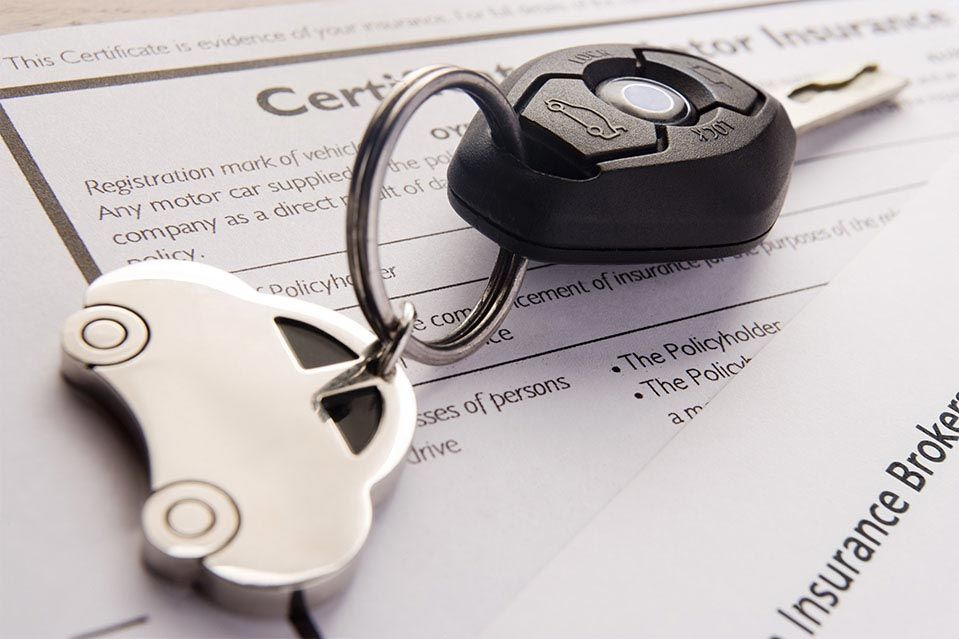What Do Probate Lawyers Do?
One of the most loving actions a person can take while alive is to give time and careful thought to estate planning. This planning can ensure your assets are passed on as you want them to be and taxed as little as possible, making the decisions after death much easier and simpler for a grieving family. Even with careful planning, questions can still arise after your loved one dies, and it can be necessary to have a probate lawyer help you through the process of settling an estate.
When considering Portland probate lawyers, education, background, and experience are critical. Warren Allen LLP is a full-service local firm with a long history of deep community roots and exceptional client service. Our lawyers have the professional credentials and depth of experience to help you know your rights and responsibilities in the probate process.
At this point, you might be asking if you even need a probate lawyer. In this article, we’ll walk through what probate is, what a probate lawyer is, and what they do. Understanding their important role in how an estate is settled can help you make the best decisions for you and your loved ones’ future.
What Is Probate?
If someone dies owning property, the question of who will own the property next needs to be answered. Probate is the legal process of determining the person or people who will own the property after the decedent, the person who died, assessing assets, debts, and taxes, and distributing what’s left to beneficiaries. This can also be a lengthy process lasting from a few months to over a year. Statutes guiding the process may vary from state to state.
What Is a Probate Lawyer?
A qualified probate lawyer in Portland is an attorney who specializes in estate law to assist clients in all matters related to property, inheritance, and estate planning while still alive and to help administer or oversee the estate after death. A qualified probate lawyer should have successfully accomplished an undergraduate degree and a Juris Doctor, or law degree, from an accredited law school. They also need to have passed the bar exam to practice law in their state. Depending on the state, additional certifications could be needed. Not every lawyer specializes in probate, so understanding a lawyer’s background and experience can help you make the best decision for you and your loved ones.
When Is a Probate Lawyer Needed?
A Portland probate lawyer is needed when an executor or personal representative decides they need legal support to successfully administer the estate they’re entrusted with and avoid any liability should mistakes happen in the process. In many cases, it comes down to personal comfort level. Generally, the more complicated the estate, the more likely a probate lawyer could be necessary. Establishing a probate lawyer as part of your estate planning can make this decision easier. The probate lawyer could be the same lawyer who helped with the estate planning.
It’s possible to act as executor without an attorney, but it does take time, attention to detail, and organization. Executors often have their own full lives to manage in addition to settling the estate. While some estates can be settled without issue, it can be helpful to have additional support during a stressful time to take away guesswork or simplify complicated processes.
Additionally, if the estate is quite large or the debts exceed the value of the estate, a probate lawyer could be necessary to sort out the priorities and obligations. A Portland probate lawyer could also be needed when someone dies without a will and interested parties want their interests represented through the court-supervised probate proceeding.
What Does a Probate Lawyer Do When There Is a Will?
The simplest situation is when the decedent leaves a will that can be authenticated and is uncontested. When this happens, an estate may not need a court-supervised probate proceeding to be settled, and a probate lawyer can help you understand if this is the case. Their work can also look like a consultation, where they only help the executor understand legal definitions and deadlines or answer questions when unexpected issues arise.
In other circumstances, the probate lawyer could provide comprehensive services that provide support at every step of the process, from filing death certificates to the final distribution of assets to heirs or beneficiaries. Should conflicts arise between parties, the probate lawyer could be critical to mediating and resolving issues. A probate lawyer could also interact with the probate court when court permission is needed for various actions.
Here is a list of some of the most common things probate lawyers do:
- Locate and secure assets such as insurance or retirement plans
- Appraise and sell estate property, including real estate
- Retitle for heirs or beneficiaries if the property isn’t sold
- Communicate with creditors and settle debts
- Determine final income tax returns and file
- Understand potential state or federal estate taxes or inheritance taxes
- Oversee the distribution of assets to heirs and beneficiaries
- Validate or dismiss claims against the estate
- Interact with probate court when necessary
- Manage the flow of paperwork and deadlines
- Mediate conflict between interested parties
What Does a Probate Lawyer Do When There Is No Will?
If the decedent died intestate, meaning they did not have a will or trust, the state statutes will determine how the estate is settled through the probate process. States have laws that govern intestate succession, or how assets are distributed in the absence of a will. Certain assets, such as insurance or a 401(k), will likely have a beneficiary named and will pass directly to the named beneficiary.
For assets that don’t have an established direct line of succession, concerned parties might benefit from a probate lawyer as they navigate the probate proceedings that determine the appointment of a personal representative or estate administrator, learn the legal heirs, and understand how the assets, debts, and taxes will be settled. Even when there’s no will, a Portland probate lawyer will still do many, if not all, of the actions in the list above.
